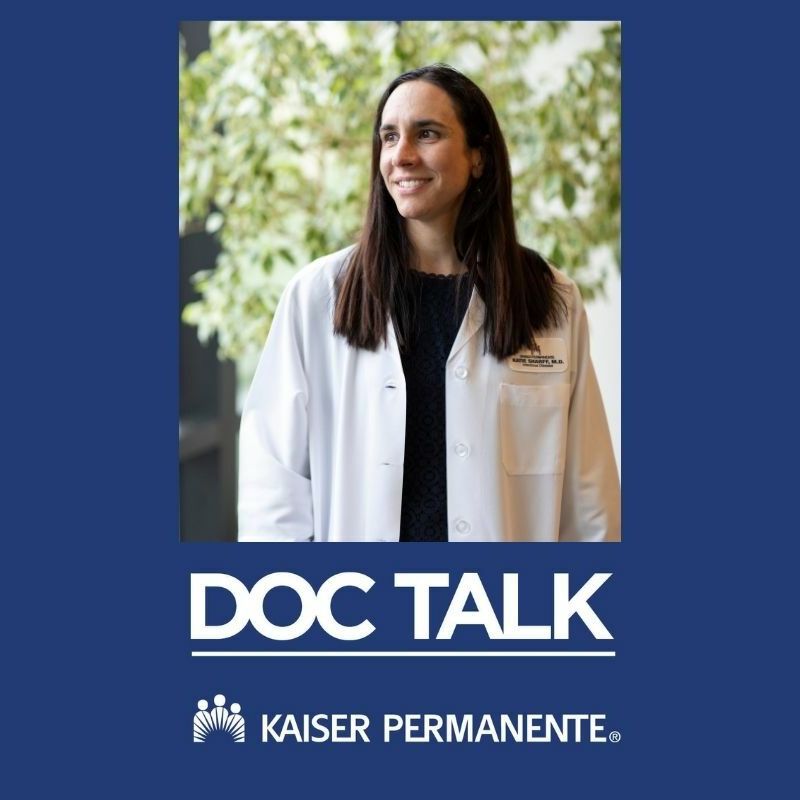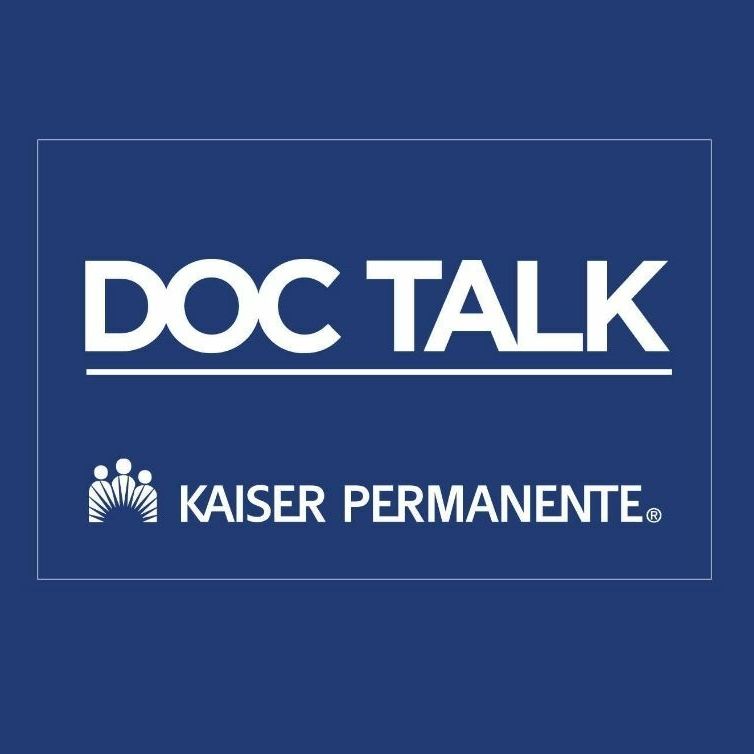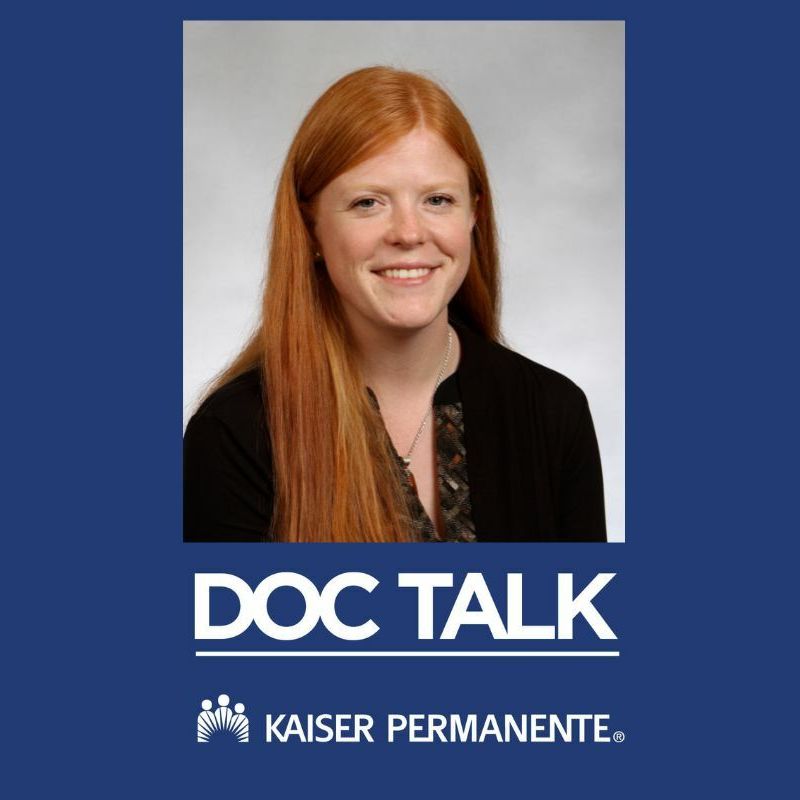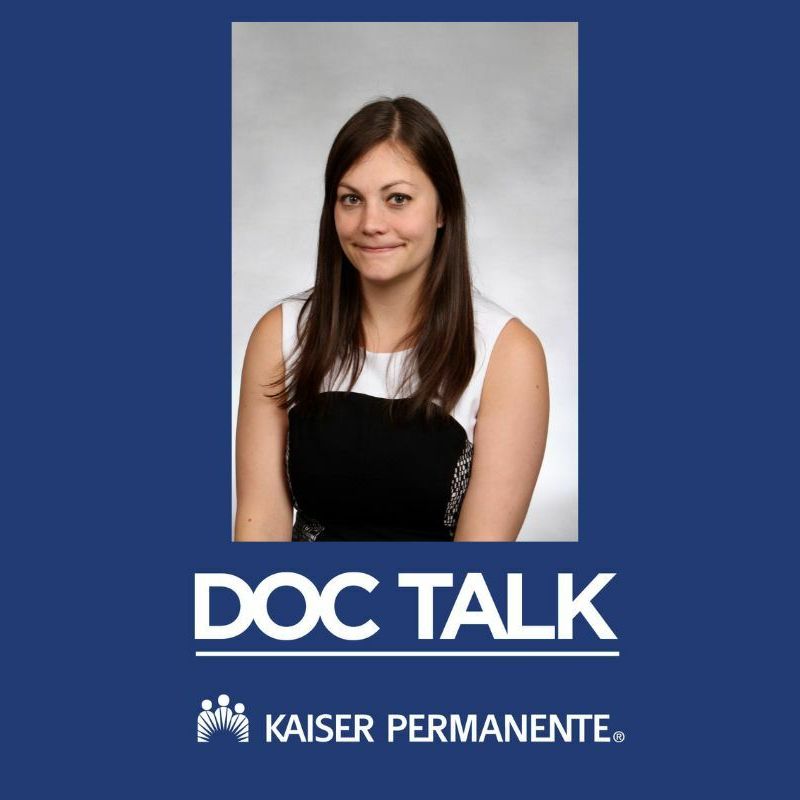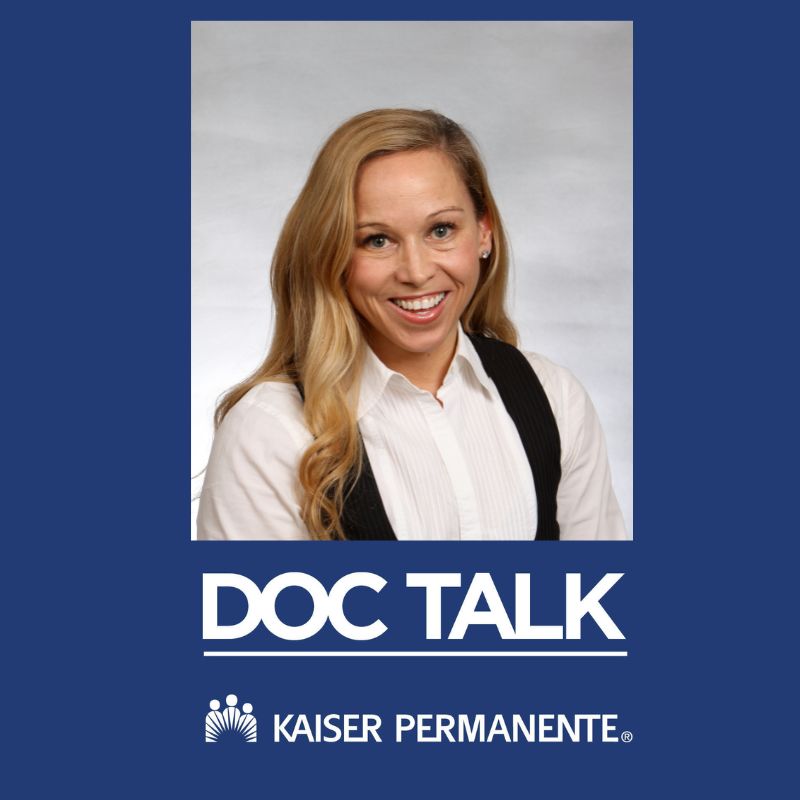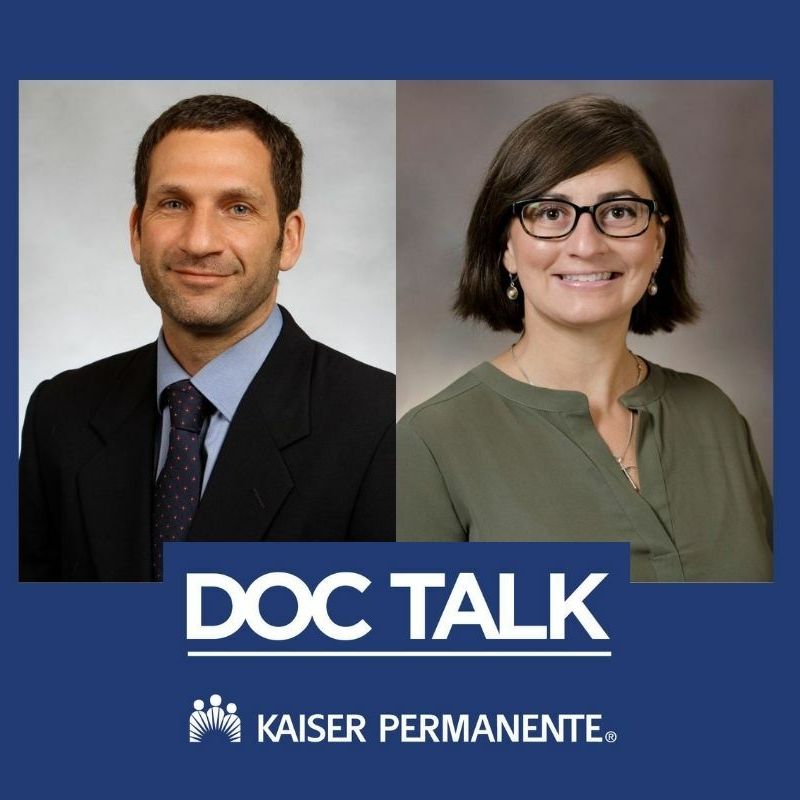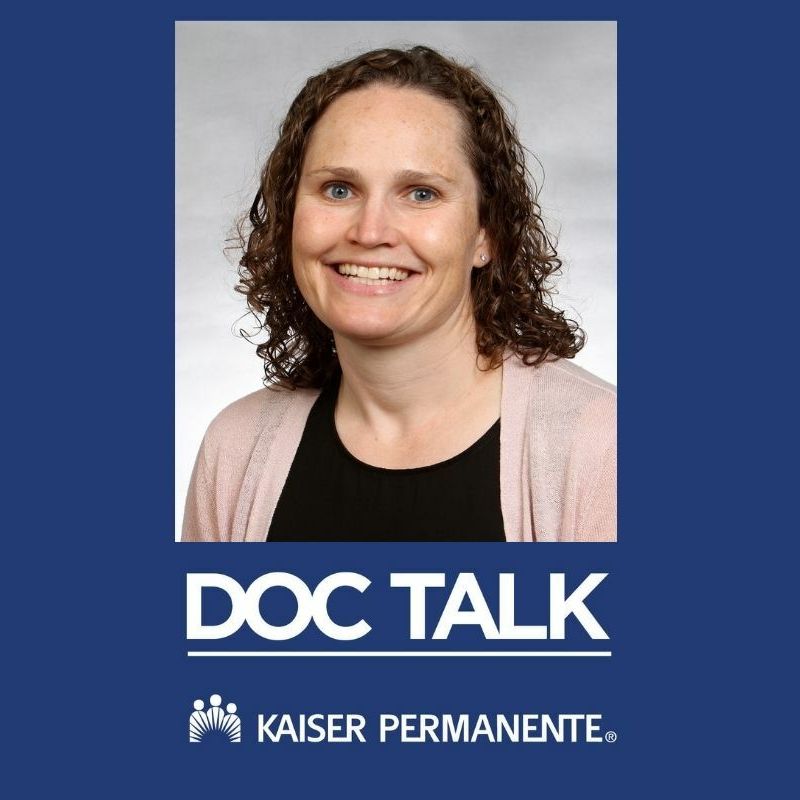Doc Talk: Your questions — answered
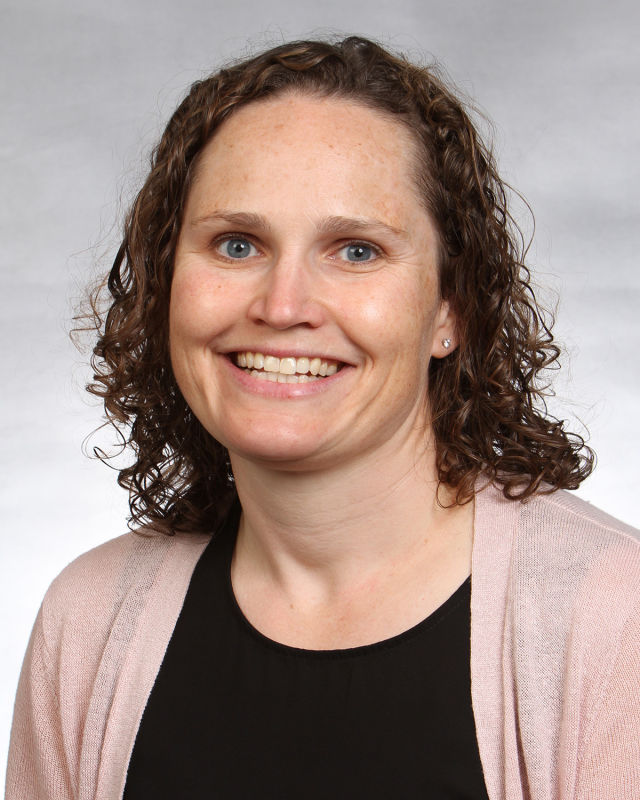
Sarah Leitz, MD,
Chief of Addiction Medicine
Kaiser Permanente Northwest
In March 2022, two Portland, Oregon, high school students died within 24 hours of each other after overdosing on fentanyl in the form of counterfeit pills.
The deaths are part of a substantial increase in overdose deaths from nonprescription fentanyl, said Sarah Leitz, MD, chief of addiction medicine for Kaiser Permanente in Portland. There were 237 fentanyl-related deaths in Oregon during the first half of 2021, up from 230 in all of 2020, according to the state medical examiner.
Dr. Leitz answers your questions about the drug’s dangers and urges community members to learn what they can do to save lives.
Q: What is fentanyl?
A: Fentanyl is an opioid used as a prescription painkiller, usually in the form of a patch or a pill. It can also be used in anesthesia. Fentanyl is sedating and slows breathing and heart rates.
Q: How are all these young people finding this drug and why aren’t they worried about it?
Unfortunately, it seems that there is an abundance of the substance being brought into Portland, and can be purchased/obtained through many sources. Many times, the pills look like prescription medications, which can be misleading as to what they contain. Many young people just are not aware that fentanyl is everywhere and so harmful so quickly
A: What is a lethal dose of fentanyl?
We don’t really know the lethal dose because pills and people are different. We do know that the smallest dose can be deadly, especially for someone who doesn’t take opioids regularly.
Most recent overdoses are not a result of pharmaceutical-grade fentanyl in prescription doses. Rather, the drug is being imported in pills that resemble prescription medication and include other substances such as heroin or Xanax, a brand of anxiety medication.
Thus, users who assume they’re taking prescription medication in a safe dose may end up consuming a mix of lethal drugs.
Q: How can you identify a counterfeit pill?
A: According to the U.S. Drug Enforcement Agency, many counterfeit pills are made to look like prescription opioids such as oxycodone (Oxycontin, Percocet), hydrocodone (Vicodin), and alprazolam (Xanax); or stimulants like amphetamines (Adderall). Others are imprinted with “M30” and known as “Blues” or “Oxy 30s.”
Bottom line: Never trust yourself to determine if a pill is legitimate. The only safe medications are those prescribed by a trusted medical professional and dispensed by a licensed pharmacist.
Q: Is fentanyl risky to handle?
A: Because we don’t know how small a dose is safe, it is best to wear gloves when handling a suspected opioid and to wash your hands afterward. Don’t administer mouth-to-mouth resuscitation to someone who has taken fentanyl.
Q: How can you tell if someone has overdosed and what should you do?
A: If the person’s breathing and heart rate have slowed, their pupils are small, and they don’t respond to your voice, call 9-1-1 immediately. Fentanyl is fast-acting, especially if it’s snorted.
Then, if it’s available, administer naloxone, a medication sold under the brand name Narcan that rapidly reverses the effect of opioids.
Naloxone is a nasal spray. After spraying the medication into one nostril, roll the victim onto their side because there’s a good chance they’ll vomit, and you want to make sure they don’t choke.
Q: How can you obtain naloxone?
A: Naloxone is available by prescription at most pharmacies, including at Kaiser Permanente, and is provided at no cost by some community organizations, such as needle exchange programs.
In some states, including Oregon and Washington, people can get naloxone without a physician's prescription, after consulting with a pharmacist. The medication can be distributed to people at risk of an opioid overdose as well as to people who want to help others who might overdose.
If you are using drugs or in a social group where using is prevalent, someone needs to have the drug on hand to prevent possible death.
Q: If you don't have naloxone, what can you do to help someone who has overdosed?
A: Follow these steps:
- Call 911
- If possible and safe to do so, move the person to a laying position
- Check to see if the person is breathing, and has a pulse
- Start CPR if not breathing or no pulse
- Continue to try to wake the person up using voice and touch
Q: Can people build up a tolerance to fentanyl or is it always lethal?
A: Over time people do build up a tolerance, however, the strength of nonprescription fentanyl is unpredictable due to many factors including the exact type of fentanyl, quantity that is in each pill, and the presence of other substances in the same pill. This means that even someone who has used opioids or fentanyl for a long time is at risk for an overdose.
Q: Where can you find fentanyl treatment and education options?
A: Here are some options and resources I recommend:
-
Shatterproof.org / 1-800-597-2557 — A non-profit for stigma reduction and education for patients and loved ones of those struggling with substance use disorders.
-
Findtreatment.gov / 1-800 662 HELP — Access to thousands of state-licensed providers who specialize in treating substance use disorders, addiction, and mental illness.
-
Oregon Youth Line / 1-877-968-8491 — A free teen-to-teen crisis support and help line.
-
Lines for Life / 1- 800-923-4357 — A regional non-profit dedicated to preventing substance abuse and suicide.
-
Suicide Prevention Lifeline / 1-800-273-TALK — A national network of local crisis centers that provides free and confidential emotional support to people in suicidal crisis or emotional distress 24 hours a day, 7 days a week.
